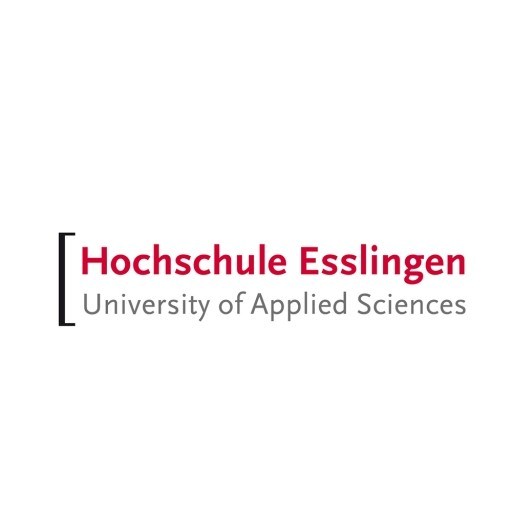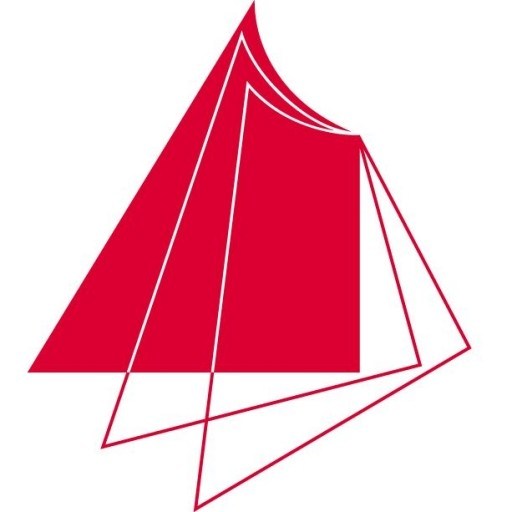Photos of university / #uni_duisburg_essen
The Master of Science in Mechanical Engineering at the University of Duisburg-Essen offers students a comprehensive and practical education in the core disciplines of mechanical engineering, preparing them for diverse careers in industry, research, and academia. This program is designed to deepen students' understanding of fundamental principles such as mechanics, thermodynamics, materials science, and design, while simultaneously providing opportunities to specialize in emerging areas like renewable energy, advanced manufacturing, robotics, and automation. The curriculum combines rigorous coursework with hands-on laboratory work, project-based learning, and interdisciplinary cooperation, ensuring graduates are well-equipped to address complex engineering challenges.
Students will have access to state-of-the-art laboratories and research facilities, fostering innovation and enabling practical application of theoretical knowledge. The program emphasizes sustainable development, digitalization, and innovative problem-solving techniques, aligning with current industry trends and future technological demands. Throughout their studies, students can choose from a variety of electives to tailor their education according to personal interests and career aspirations. The program also promotes international exchange and collaboration, offering opportunities for study abroad and cooperative projects with global partners.
Graduates of this program will possess strong analytical, design, and research skills, along with the ability to work in multidisciplinary teams and communicate effectively with diverse stakeholders. They will be prepared for careers in automotive, aerospace, energy, manufacturing, and consultancy sectors, among others. The University of Duisburg-Essen's Master’s program in Mechanical Engineering aims to foster innovative thinkers and responsible engineers who can contribute to technological advancement and societal progress. With a focus on practical relevance combined with scientific excellence, this program positions students for successful careers and lifelong professional development in the dynamic field of mechanical engineering.
Educational organisation
The General Mechanical Engineering profile provides a wide-ranging education in general mechanical engineering without concentrating on any particular area. The curriculum offers students the breadth of a traditional mechanical engineering education, with the technical part of the course comprising a set of compulsory core subjects as well as three catalogues.The Mechatronics profile combines classical mechanical engineering with electrical engineering and information technology. The interplay of mechanical, electrical, and electronic system components, together with their functional and local integration into general modules, gives rise to completely new functions and manufacturing processes. This option offers students a thorough grounding in the methods that lay the foundation for the development and manufacture of mechatronic systems. Students will also have the opportunity to broaden and deepen their knowledge of special areas through a wide range of advanced lectures. The diversity and depth of the research interests of the various teaching posts enables students to devote their Master's theses to the latest application areas, such as robotics, automotive technology, and biomechanics, while taking advantage of the most advanced knowledge available in these areas.
The ever-increasing globalisation of the economy means that manufacturing today takes place on a worldwide basis, thereby requiring new and comprehensive commodity flow systems. This in turn has led to an increasing need for production and logistics engineers in a wide range of sectors, opening up a wide range of career options for the suitably qualified. The Production and Logistics profile covers the methods and techniques for the development and management of production and logistics processes in the value chain. It combines the various strands of technology with commercial, administrative, and logistical requirements, thereby bringing design into play with planning and management processes.
Against a background of climate change and global resource depletion, energy and environmental engineering is becoming increasingly important. Central challenges for the 21st century include efficient production of energy that does not contribute to climate change as well as the reduction of earth, water, and air pollution . Engineers have a crucial contribution to make, developing not just resource-efficient facilities, but also technologies that neutralise harmful substances. Energy and environmental engineering is an innovative high-tech sector and one of Europe's fastest-growing industries. With the increasing globalisation of the economy, graduates of this Master's programme will be highly attractive to employers around the world.
The Ship and Offshore Technology profile caters to the need for highly qualified engineers in this area. It builds on the basic principles of general mechanical engineering by focusing on the maritime and offshore technology sectors. Encompassing hydrodynamics, construction, structural integrity, and numerical and experimental procedures, it provides the knowledge and skills required for addressing technical maritime and offshore issues in a mechanical engineering context. The modules are structured in such a way as to ensure students gain knowledge and skills appropriate to mechanical engineering in general and maritime and offshore technology in particular. Students will develop the ability to independently solve general mechanical engineering problems in a maritime context. This will be assessed via work undertaken throughout the semester. Graduates will be able to work in research and development, develop new methods, and contribute to innovative projects.
Study abroad unit(s)
It is obligatory for German students to stay abroad for a period of three to six months.During this time, the students can do one of the following:
- participate in lectures at a foreign university and earn credits by passing the examinations
- work on their final thesis
Forms of assessment
According to the examination regulations, the type and duration of the examination will be defined by the lecturer before the semester starts. Therefore, an examination can be a written test with a duration of 60 to 120 minutes or an oral examination lasting 30 to 60 minutes. The language of the examination is the same as the language of the lecture.Course objectives
Graduates will:1) master profound knowledge of advanced principles of mathematics and natural sciences as well as become experts in the fundamentals of mechanical and process engineering, including their interdisciplinary extensions;
2) develop widespread advanced knowledge and skills in core mechanical engineering disciplines;
3) be able to classify and combine knowledge from different fields as well as to cope with complexity;
4) be able to pursue their preference for a commercial or academic career via their choice of electives;
5) have an enhanced general education with advanced language skills in German or English as well as increased employability as a result of learning teamwork and communication skills;
6) demonstrate that they can apply scientific methods to independently deal with problems of mechanical engineering (or its application in another engineering discipline) within a specific time frame, and be able to present the issues clearly.
Language requirements
Applicants must be able to demonstrate German and English language skills corresponding to Level B1 of the Common European Framework of Reference for Languages (CEFR).At the start of the programme, students must undergo placement tests in order to determine their knowledge in both languages and be placed in the appropriate courses. Students with a language certification from a qualified institute are exempt from sitting the placement test.
During the course of the ISE Master's programme, students must work towards a level B2 certification in both German and English. Students must reach a B2 proficiency level by the time they register for the final thesis. In some individual cases, language courses are a required part of the programme.
Academic requirements
The qualification for a MSc course of study in the ISE programme is met by a student's successful completion of a programme lasting at least three academic years in the field of natural sciences, engineering sciences, or computer science. Students must have finished the programme with an average grade of 2.5 or better and earned a BSc or a comparable degree.Students must also prove their knowledge of German and English by achieving a minimum of a level B1 on the Common European Framework of Reference for Languages (CEFR).
Enrolment fees
All students are required to pay a social contribution of about 300 EUR per semester. The social contribution includes a semester ticket covering public transport in North Rhine-Westphalia, subsidised meals in the university canteen, and other services.Costs of living
We recommend budgeting between 750 and 900 EUR per month for personal expenses.Job opportunities
Students may be employed as student assistants at the institutes within the Department of Engineering as well as at affiliated research institutions. Companies in the region also offer similar jobs.Services and support for international students
The Support Center for (International) Engineering Students (SCIES) acts as a help desk for all study-related questions in the Department of Engineering. The mission of SCIES is to support all students at the Department of Engineering and to help them gain the most from their experiences at the University of Duisburg-Essen. SCIES answers questions with regard to studies, helps in administrative matters, supports in finding accommodation, and is the first level of support for all of the students' questions.Accommodation
Accommodation is available through the Student Services Office or on the private market. Rent for a single room in a student residence is approx. 280 EUR.More information: http://www.uni-due.de/scies/accommodation.shtml









